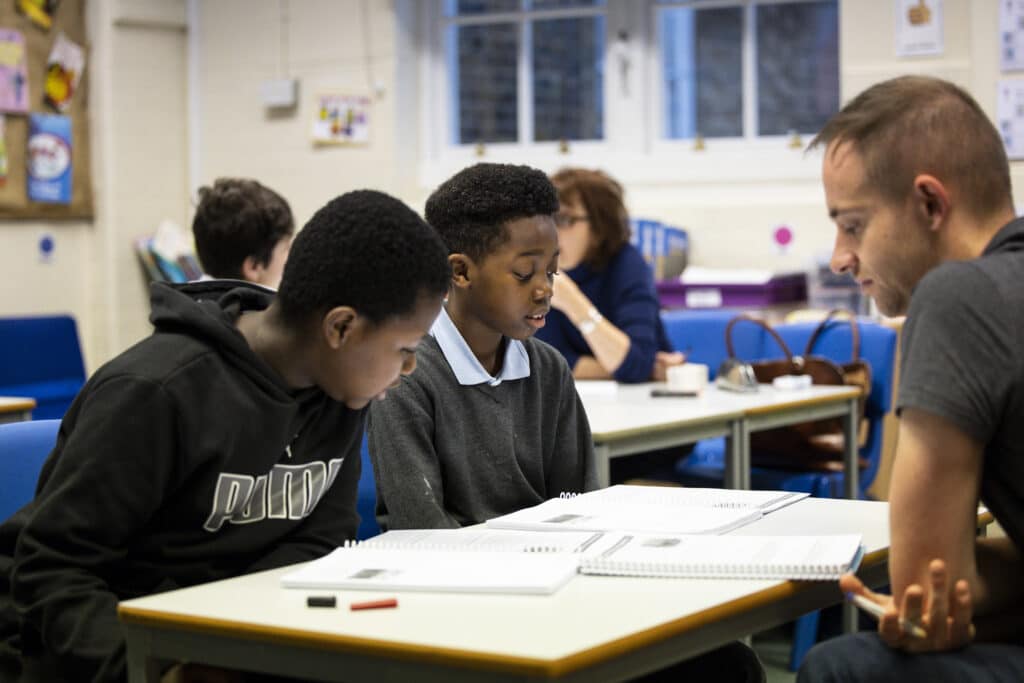Tutoring subsidy cut reversed but schools need more funding
The Department of Education (DfE) yesterday announced a major change to the planned subsidy reduction for the National Tutoring Programme (NTP) next academic year.
Originally, the current 60% subsidy support to schools was scheduled to drop to 25% beginning in the autumn term of next year. However, the DfE has reversed that policy decision and agreed to raise the subsidy to 50% for every pupil in receipt of the NTP for the academic year 2023-24.
We’re pleased that our concerns about the steep subsidy drop-off for the NTP next year have been listened to and the subsidy is being increased from 25% to 50% next year. However, we remain concerned that the reality is that schools that struggled to pay 40% of tutoring costs this academic year will still struggle to afford 50% next year.
Susannah Hardyman, founder and CEO of Action Tutoring
The Government introduced the national tutoring programme in the autumn term of 2020 to help pupils, especially those facing disadvantage, to recover from lost learning experienced during the pandemic school closures.
In the first year, the DfE funded 75% of the programme per pupil with schools expected to finance the remaining part. The subsidy was tapered to 70% in the second year before being reduced to 60% in the current third year. It was set to drop further to 25% next year until yesterday’s reversal announcement.
Fund allocation remains unchanged
Nonetheless, the DfE is not increasing the funding amount schools will receive next year for the NTP as it forecasts less demand and lower uptake of the scheme.
An amount of £150 million will be available to schools next year, despite calls for an increment in cash to cushion schools as they struggle with their already stretched budgets.
Furthermore, the overall amount of funding schools will receive for tutoring isn’t increasing, and given the current financial pressures on schools, we are concerned that this means that fewer pupils will be reached that could really benefit from the support
Susannah Hardyman
Limited impact in practice
With schools getting no extra funding, the DfE is banking on hopes that fewer pupils will receive tutoring next year but that more schools will at least make use of the funding available. In practice, the subsidy reversal without an increment in tutoring cash will have a limited impact on the number of pupils who receive tutoring in schools.
For instance, in a school that has 50 pupils in receipt of Pupil Premium:
This year they received £162 per pupil premium pupil (60% of £18 an hour x 15 hours) each. For 50 pupil premium pupils, this would give a school £8,100, which would enable 50 pupils to get 15 hours at a 60% subsidy.
However, next year schools will get £67 each per pupil premium pupil (25% of £18 an hour x 15 hours). Using the same example, a school with 50 pupil premium pupils would receive £3,350, enabling 25 pupils to get 15 hours at the newly announced 50% subsidy.
More needs to be done
The increase in subsidy to 50% next year is very welcome to ensure that schools stand a chance of continuing to access tutoring. However, with the nation recording the largest attainment gap in a decade last year and schools struggling with budget squeezes, more still needs to be done to ensure that pupils in receipt of pupil premium and those below the expected standards reap the full benefits of tutoring.
At Action Tutoring, we’re pleased that our fundraising and philanthropy efforts mean we can support schools further beyond the NTP to ensure tutoring really is reaching those that need it most and minimising the barrier of financial pressures on schools.
We believe additional investment is needed long-term to ensure tutoring is sufficiently embedded in the education system widely and particularly, reaches those that need it most.
Susannah Hardyman




